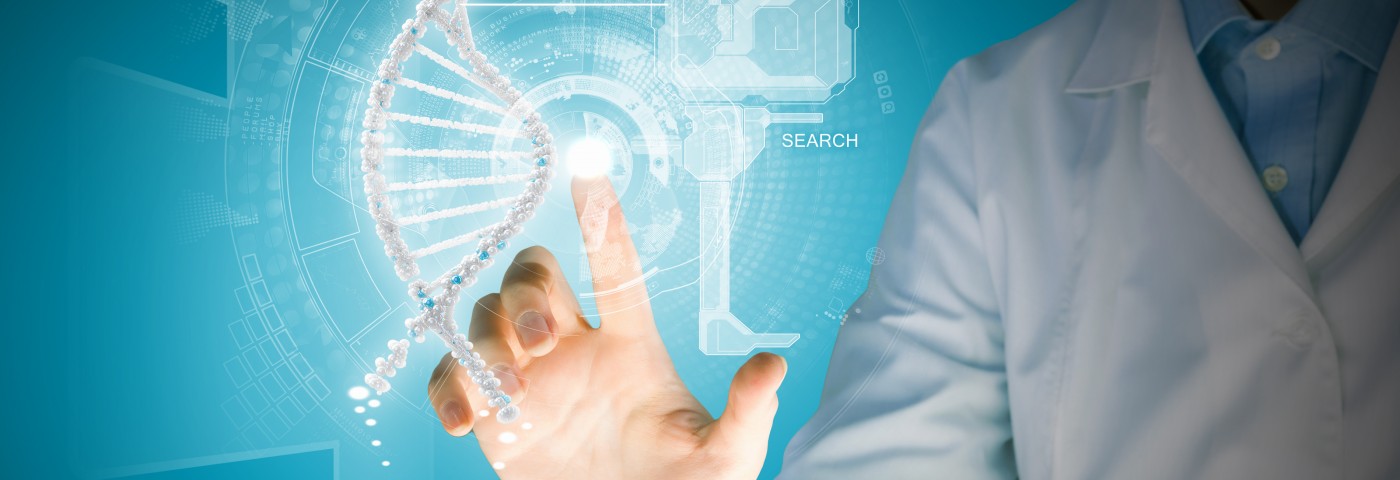New research from Joslin Diabetes Center and Harvard Medical School have identified a gene that contributes to autoimmune processes in type 1 diabetes. While findings may have no imminent implications for drug development, the discovery of the gene’s functions adds to the knowledge of autoimmune processes in diabetes, offering hope for future cures.
Scientists know that hereditary factors contribute to the development of diabetes, but a multitude of implicated genes, each having only a minor effect on disease development, slow the progress of understanding the genetic underpinnings of diabetes.
The study, “The autoimmunity-associated gene RGS1 affects the frequency of T follicular helper cells,” revealed that the gene RGS1 has an impact on a certain type of T-cells, named T follicular helper cells. These cells are crucial in the initiation of autoimmune processes, inducing antibody-producing B-cells.
“In a nutshell, what we found is that this gene has an effect on the frequency of these T follicular helper cells, which are important for the B-cells and seem to be important for the disease,” said Stephan Kissler, investigator in the Section on Immunobiology at Joslin Diabetes Center and assistant professor of medicine at Harvard Medical School, in a press release.
Earlier studies have shown that patients with type 1 diabetes have more of the T follicular helper cells in their blood, and while RGS1 was observed to impact these T-cells, findings published in the journal Genes and Immunity showed that reducing the factor in a mouse model of type 1 diabetes did not alter the progression of disease, indicating that other factors affecting the T-cells are at play.
“Inhibiting RGS1 didn’t prevent autoimmune diabetes from happening, which is slightly disappointing but not surprising because any one of these genes in humans has a very small effect on risk,” Kissler said.
The researchers believed that blocking RGS1 would prevent T-cells from migrating into the pancreas. Instead, they found the factor to be important in T-cell movements within the lymph nodes and the spleen – tissues in which the T-cells interact with B-cells to trigger antibody production.
“Overall, the T follicular helper cells are important for B-cells, you have more of those T-cells in people with Type 1 diabetes, they seem to be very important for the disease, and we have a new explanation of why RGS1 has been implicated,” Kissler said.
“We’re continuing to test a number of other genes to see if one strikes us as being a very potent modifier of type 1 diabetes,” he said. “The more pieces of this puzzle we can lay down, the better a picture we have to figure out the best ways to intervene in the disease. And this piece of information about RGS1 might become valuable down the line when we know more about other genes, because it might fall into place in the puzzle.”


